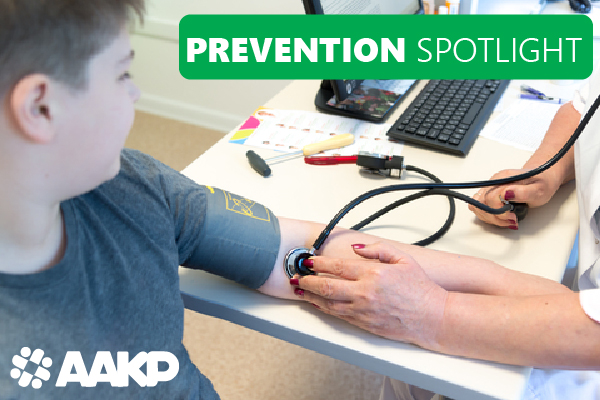|
PREVENTION SPOTLIGHT: Preventing disease for our youngest patients

The tiny cluster of cells floating in a culture dish in pediatric nephrologist Samir El-Dahr's lab is about as big as a sesame seed.
The stem cells have been incubating for about 18 days in a pool of nutrients to form the beginnings of a kidney. El-Dahr, MD, and his research team are coaxing them to develop into an organoid, a miniature organ in vitro with the same structure and function of a kidney, but at a much smaller scale.
"We are the leader in pediatric research in the city, in the region and in the state." Samir El-Dahr, chair of the Department of Pediatrics and Jane B. Aron Professor
"It's almost the size of a pinhead right now when we grow it," says El-Dahr, chair of the Department of Pediatrics and Jane B. Aron Professor. "But it has all the elements of nephrons in it."
El-Dahr is leading a $1.4 million study funded by the National Institutes of Health to characterize the epigenome of stem cells to find a more effective way to reprogram them to differentiate into progenitors of kidney cells. Ultimately, the goal is to figure out how to grow a fully developed kidney that's viable for transplantation.
Click the blue button below to read the full article
|